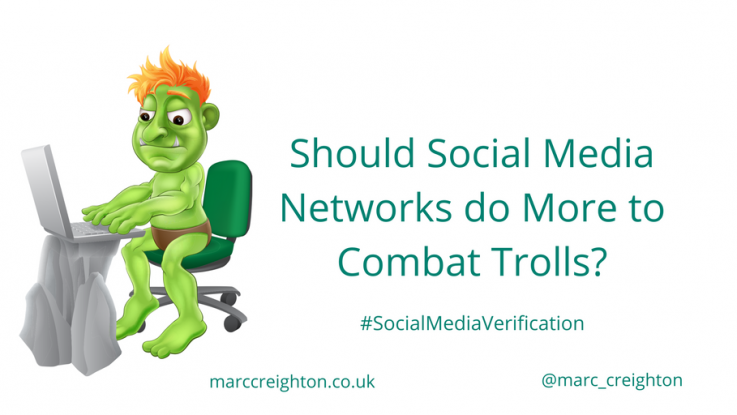
Social Media Verification
Should Social Networks do more to Combat the Trolls?
With every public event comes the widespread use of social media. Whether it is to promote individuals in say a general election or to publish information for a sporting event, I think most would agree it is an excellent medium with which to do so. However, social media has a dark side, the trolling of individuals by sometimes anonymous profiles. Would social media verification help?
Accused of not doing enough to protect their users it is felt that Facebook and Twitter should be doing more to combat the trolls. So should these networks do more to fight the trolls through social media verification?
High Profile Cases of Trolling
Most people would be able to recall at least one case of an MP or ‘celebrity’ who have been trolled on social media. For me, it is the case of Labour MP Diane Abbott. Nobody deserves the sheer level of vitriolic abuse she has suffered on social media. A recent study by Amnesty International revealed Dianne Abbott received 45% of all abusive tweets sent to female MPs in the six weeks before the UK election. Threats included rape, hanging, and racial abuse.
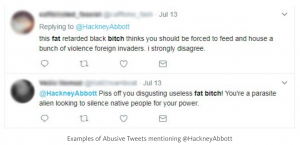
“I’ve had death threats, I’ve had people tweeting that I should be hung if”they could find a tree big enough to take the fat bitch’s weight’… I’ve had rape threats…and n*gger, over and over and over again”
Diane Abbott, UK MP and Shadow Home Secretary, July 2017
The second case I would like to draw attention to is that of Rebekah Vardy, wife of England international footballer Jamie Vardy. She recently reported to Police a tweet that threatened to rape her 2-year-old. After an investigation, the IP address of the author was traced to India (perhaps behind a VPN?), outside of UK jurisdiction.
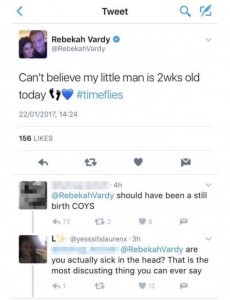
Would Social Media Verification Have Helped?
 In both the cases I have highlighted above I believe it would and here’s why. The anonymity of social media platforms almost encourages abuse. Rarely would a roll stop and think, would I say this to their face? Would I be happy for my parents to see this? You might think twice before posting such vile content if your account was verified and traceable.
In both the cases I have highlighted above I believe it would and here’s why. The anonymity of social media platforms almost encourages abuse. Rarely would a roll stop and think, would I say this to their face? Would I be happy for my parents to see this? You might think twice before posting such vile content if your account was verified and traceable.
How Would it Work?
The likes of Twitter and Facebook have massive resources; it would be easy to implement a verification system. Some German telecom providers offer whats called ‘Web-Ident’ for pay as you go mobile phone users without a credit card. It works like this; purchase a SIM card and or a phone online, and you are sent a unique URL. Open the URL within 24 hours, and you’re connected directly to a call handler via webcam and chat window. At this point you identify yourself with a passport or national identity card; it takes around 60 seconds to complete.
What Would be the Pitfalls?
There would inevitably be questions marks around privacy; this is understandable, how you would combat that I am not sure. Additionally, questionable social media verification organisations such as Serplogic exists that guarantee you verified status, albeit at a price. So there are ways and means of beating the system already. How do you make any new regime watertight? Again I am not sure. However, these problems are not insurmountable.
Conclusion
As we can see the current verification process on social media is not working. Social media verification at present is more about vanity than it is about protecting users from trolling. One platform, Vero is leading the way with its verification method, and this could be the way forward. This is wrong and needs to change. What’re your thoughts on the subject? Leave me a comment or drop me a line on Twitter.

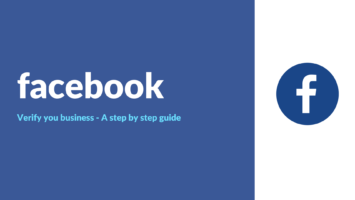
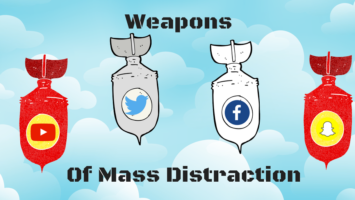

Leave a Reply